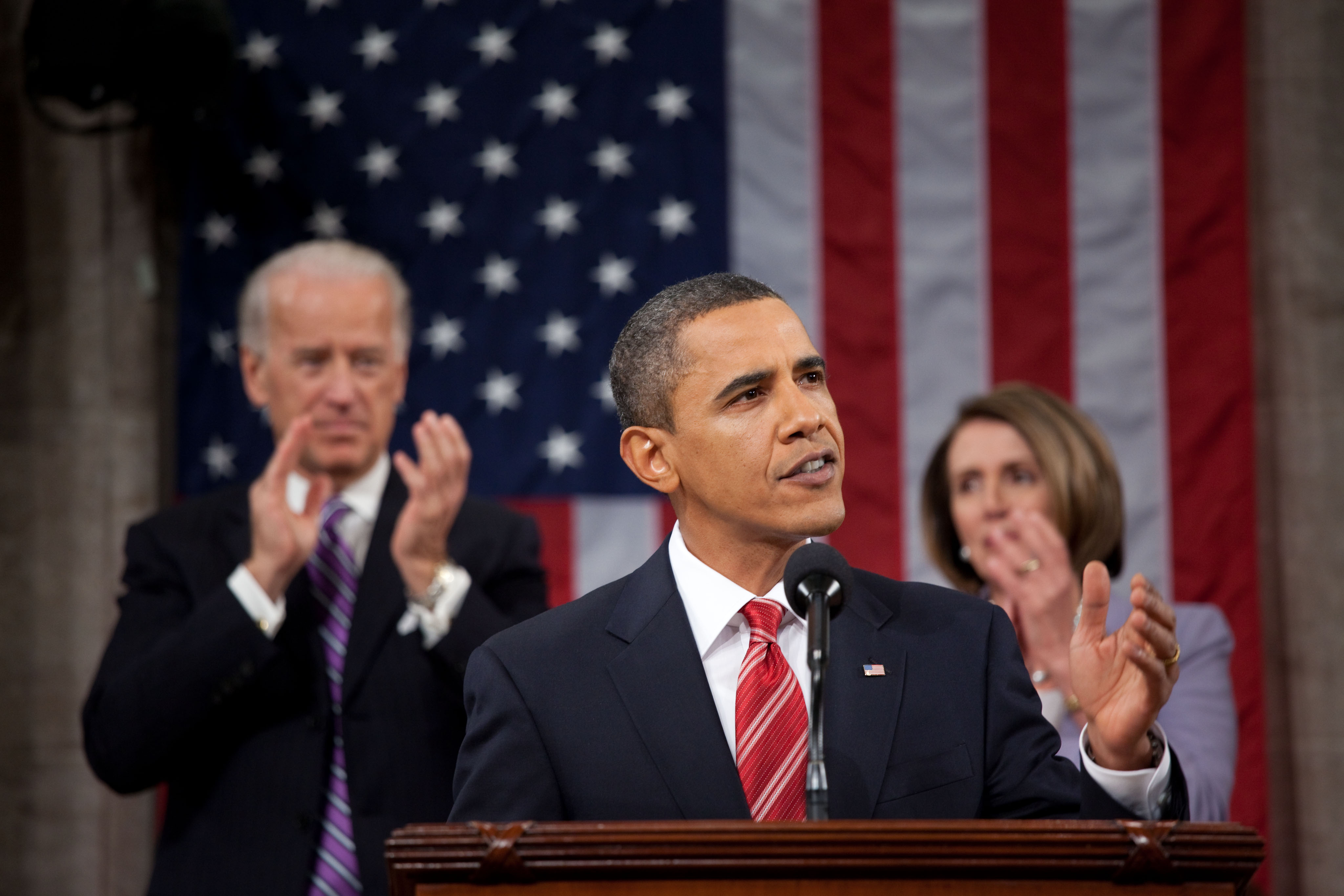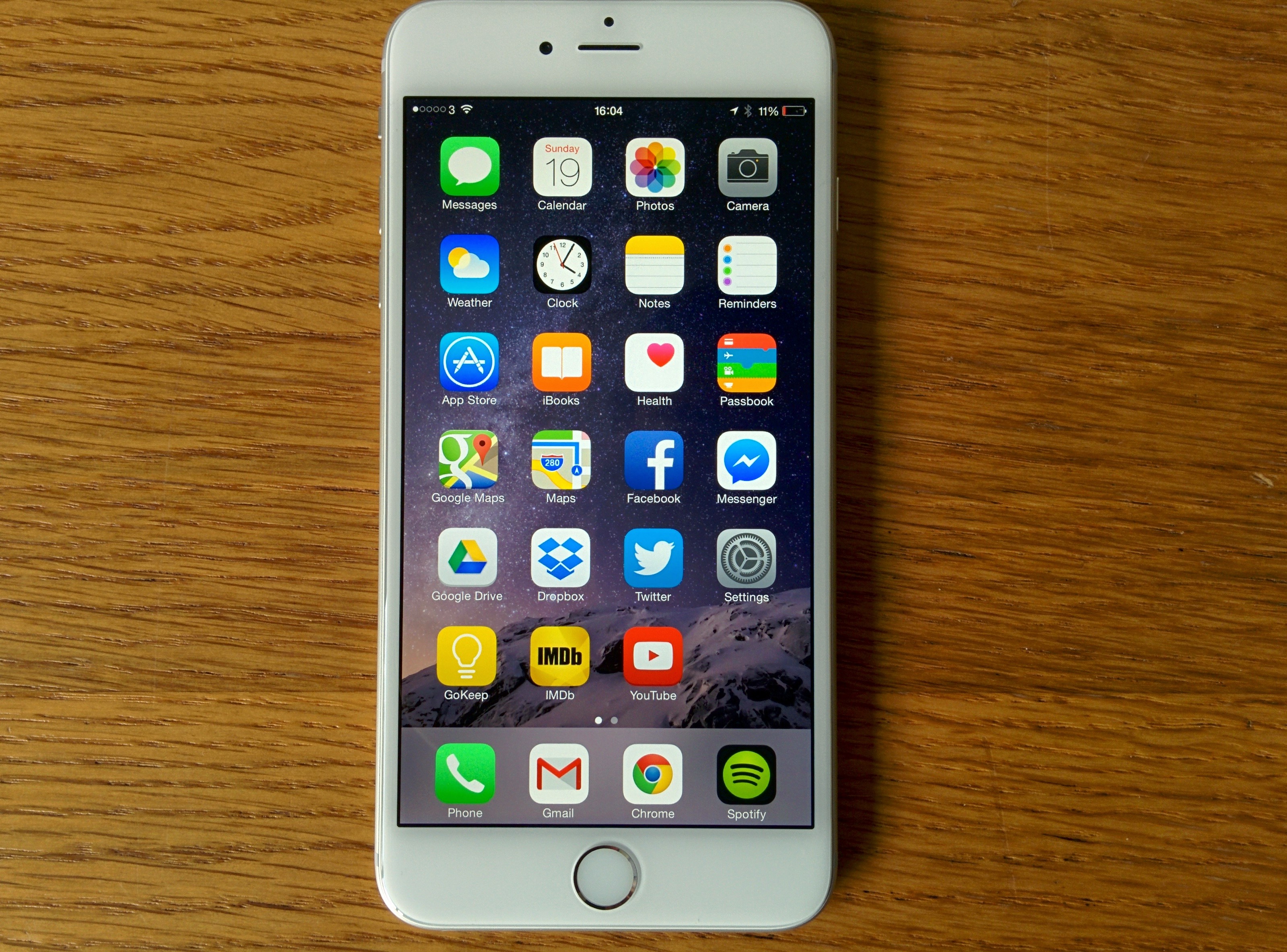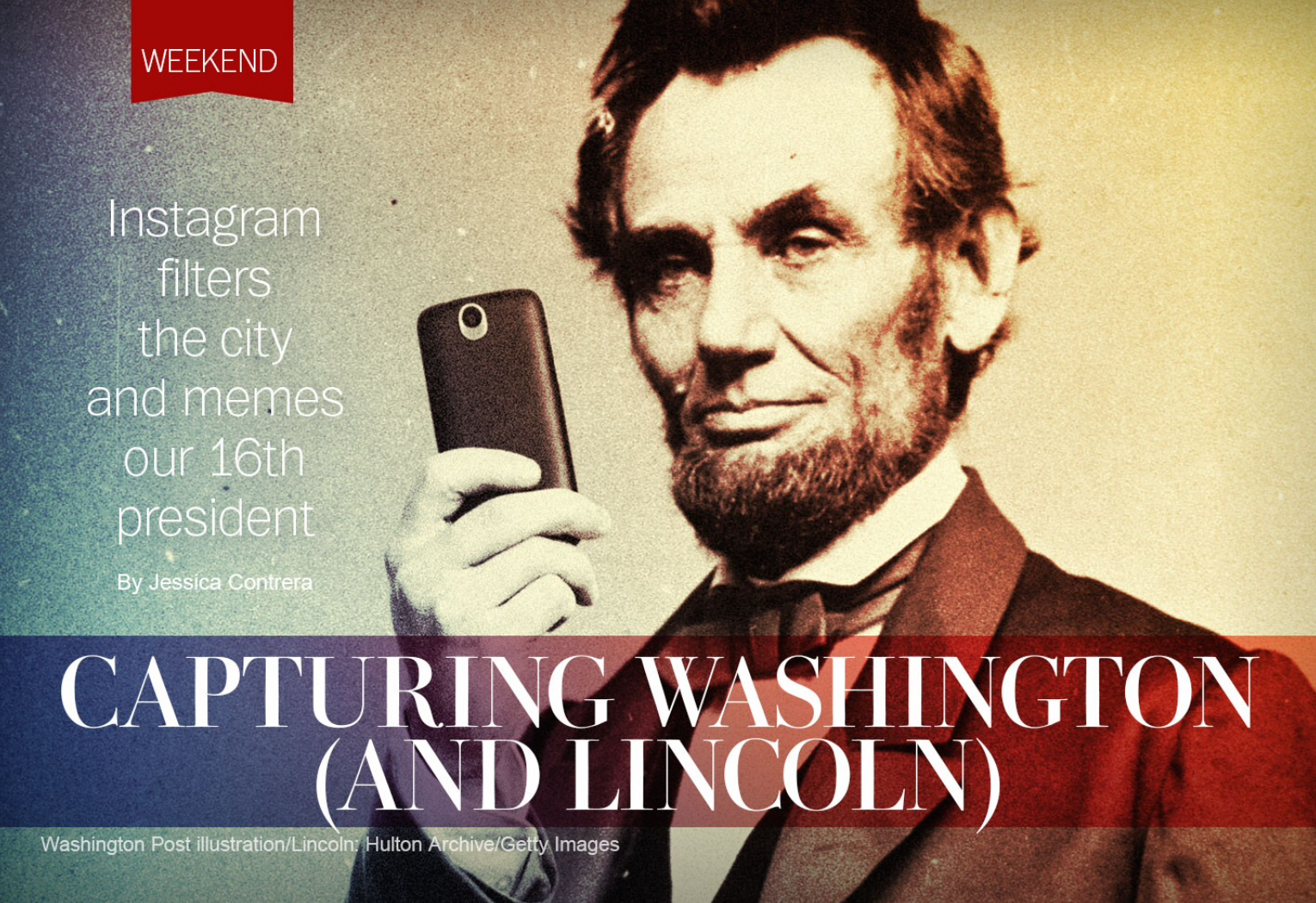I really miss Maryland once a year. We lived one-a-half-blocks from Perry Street, which transformed into Scary Perry each Halloween. Most every house decked out for the occasion, and trick-or-treaters converged from far and wide […]
Category: Media

An Earnest Discussion About Q3 2014 Mac Sales
My website captures so few comments that I consider turning them off. There is engagement around posts, but the extended storytelling typically takes place somewhere else—primarily on social networks. The interaction, while valuable, provides no context here, where it belongs.
I don’t know where Facebook, Google+, Twitter, or any other social network will be five or 10 years from now. A decade ago, MySpace sizzled with popularity. Now it’s a ghost town. So I feel compelled, and disturbed for the need, to post some comment interactions that take place elsewhere—particularly those where my responses are lengthy.

Should Journalists Accept Free Travel to Apple Events or Any Others?
This morning, I awoke to a perplexing question in the BetaNews Tips inbox. Reader Mark Bryant shares a story from Medium and asks: “Should Journalists be obliged to declare in their reviews that the company has paid for business class travel to the event and given them free devices?” It’s a goddamn good question given too little attention.
“The True Bendgate: How Apple Bends Reality and Why the Media is Playing Along”, by Richard Gutjahr with German-to-English translation by Elka Sloan, is excellent and informative reading. Medium is good forum for the tale. Richard tells about receiving an invite to last month’s iPhone 6 and 6 Plus launch event, for which he reports Apple paid for transportation.

The Scoop
Link love: What’s in a ‘scoop’? The White House has a strategy for that. In August I looked at how differently the Nixon and Obama White Houses dispatch leaks. Washington Post does better, in a […]

Just When I Cut the Cord, Cox Pulls Me Back In
In July, connected TV service went dark in the Wilcox household, as we pulled the plug on AT&T U-verse and switched to Cox Internet. That reduced our monthly bill from about $130 to $59.99 exactly; there are no taxes or surcharges applied to the Net. Now Cox tempts with a compelling offer: Add local channels and HBO or STARZ, with no-cost HD set-top box for another $9.99 month. Installation is free, and there is no contract. Price is good for 12 months. Should we?
Cox promises 44 channels, plus either of the premium channels (I want HBO). But, realistically, that means 10, since we only watch HD, plus the “Game of Thrones” channel. We already receive five over the air using a Mohu Leaf 50 HDTV antenna, which I have to review.
Lies, Damn Lies
Newspapers don’t tell the truth under many different, and occasionally innocent, scenarios. Mostly when they don’t know the truth. Or when they quote someone who does not know the truth. And more and more, when […]

News Culture of Fear
Over on Google+ today, Chris Sewell posted as an image of a tweet from New York Times columnist Nick Bilton. Nine days ago I wrote about fear, not contagion, being the real threat Ebola poses. Nick’s point is scary itself. Happy Halloween to you, too.
For the supposedly freest country in the world, fear enslaves America, and the news media helps forge the chains. How stupid is that? In the past 12 hours, I have seen two people in my neighborhood wearing full-face masks—the fleshy colored material used to wrap up an injured knee. The masks covered from below chin to eyes. That’s the culture of fear.

In News Reporting There Is No Truth, Just Perspective
On Oct. 17, 2014, I received my membership card to the Society of Professional Journalists, which had been on my “maybe join” list for years. What flipped me forward: The organization’s Code of Ethics, which official revision released September 6. I had observed, but not participated in, the process to produce the new guidelines, which, while overreaching, are worthwhile.
However, while the changes contributed to my decision to join SPJ—being a journalist who blogs rather than a blogger—my ethical priorities differ somewhat from the new Code. My book Responsible Reporting: Field Guide for Bloggers, Journalists, and Other Online News Gatherers is all about ethics and how the Internet changes them. The tome makes trust, rather than truth, the news gatherer’s top ethical tenet.

Journalist sets Standard for Follow-up Gadget Reviews
Whenever I receive loaner devices, I ask to keep them for months because long-term use reveals much. Initial reviews often miss important usability benefits or problems only prolonged usage reveals. No one can get to every feature or receive all the benefits in one day or week.
Something else: As I often say, in news reporting, or reviews, bias is inevitable. Time helps extinguish the new thing glow that can bias reviews and make them more favorable than the products deserve. As the glow darkens, sounder perspective brightens.
What I miss about the East Coast
As Halloween approaches, I long for the autumn colors that paint the Northeast landscape. Strange how distance and time changes perception. On Oct. 30, 2005, I started shooting with the Canon EF 70-200mm f/4L USM […]

In Praise of Washington Post Editors
In September, my wife and I received emails offering a year’s digital subscription to the Washington Post—that’s web and mobile devices—for $29. I signed up without hesitation and am now a regular reader.
As an editor and journalist, I am fascinated watching how the Post presents stories in the iPad app and on the web. The photo of Abe, from a superb story on selfies in Washington, is attention grabbing. The one above is from the app, but the web version below has the more compelling headline, which would move me to click over the other.
Viral Before There was Viral: 'The Blair Witch Project'
As Halloween approaches, the Academy of Motion Picture Arts and Sciences takes a long look down memory lane—eh, scary forest paths—with a short documentary about “The Blair Witch Project“. Before there was Facebook and Flickr […]